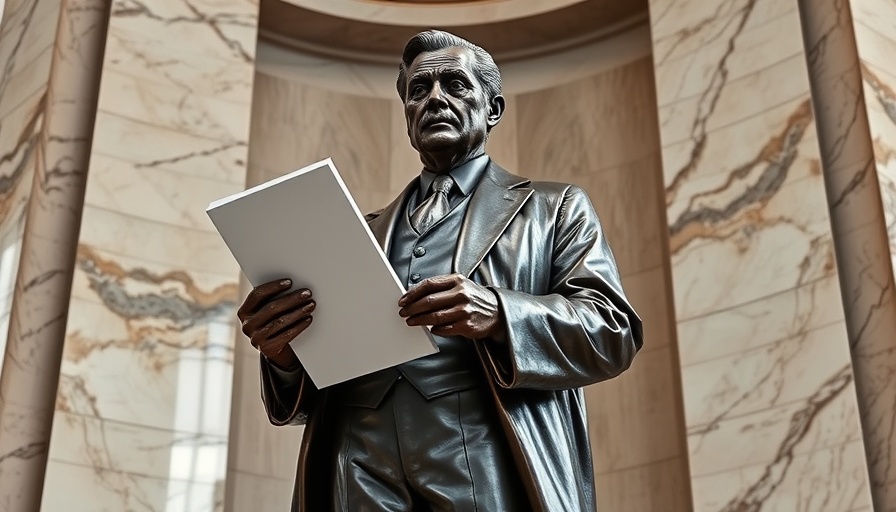
The Imperative Question of Freedom
Over 200 years after Frederick Douglass questioned, “What to the Slave Is the Fourth of July?” in a profound act of resistance against Independence Day, many Black Americans continue to reflect on how to celebrate freedoms and liberties that were historically withheld from them. While July 4 marks a federal holiday commemorating the signing of the Declaration of Independence in 1776, the celebrations can often feel hollow for those whose ancestors were enslaved and denied the very freedoms being honored.
The Hypocrisy of Independence
This day symbolizes the birth of a free America, yet the values of “life, liberty, and the pursuit of happiness” outlined by Thomas Jefferson primarily benefited white Americans. At the time, millions of Black people were enslaved, stripped of their rights and dignity. Although the Emancipation Proclamation in 1863 marked a turning point, true freedom was not realized until the 13th Amendment abolished slavery in 1865. For many, this timeline highlights the stark injustice of a celebration rooted in symbolic freedom that neglected an entire race.
Frederick Douglass: A Voice of Resistance
Douglass delivered his landmark speech, “What to the Slave Is the Fourth of July?” on July 5, 1852, charging the audience in Rochester, New York, to recognize the reality of millions still shackled by slavery while others celebrated their freedom. His speech boldly posed the question, "Are the great principles of political freedom and of natural justice, embodied in that Declaration of Independence, extended to us?" Against a backdrop of brutal conditions faced by enslaved people, he urged Americans to confront this hypocrisy head-on.
A Continuing Legacy of Struggle
Today, Douglass’ words ring as true as ever as systemic oppression, police violence, and economic inequality remain pervasive challenges for Black Americans. Recent events, such as protests against racial injustice and movements to rewrite educational narratives about American history, echo Douglass’ call to action. Many still grapple with how to honor a holiday that is meant to celebrate freedom.
Modern Commemorations and Resistance
Recent traditions showcase how some Black Americans are choosing to commemorate Independence Day without adopting its festive exuberance. Instead of patriotically waving flags, many gather for family barbecues or use the time to discuss their rich history and struggles. While some completely opt-out of celebration, others find unique ways of reflecting on the day’s contrast with their ancestors’ experiences.
In a remarkable move to preserve Douglass’ legacy, the town of Grafton, Massachusetts, will host a public reading of his Fourth of July speech. This event serves as a poignant reminder that history should not only be acknowledged but actively discussed. Attendees will engage in dialogue about how to fulfill Douglass’ vision for a more equitable society.
The Importance of Historical Reflection
Understanding the nuances of Douglass’ question encourages a broader conversation around race, freedom, and the socio-political landscape of America. Events like the public reading, taking place on July 5, aim to foster community dialogue and inspire action towards change. As we honor the holiday, reflecting upon Douglass’ words not only memorializes the struggles of the past but informs the path required for true progress.
In moving forward, we must acknowledge that Independence Day can hold different meanings for every American. As we celebrate, consider Douglass’ powerful message and reflect on how we can work together to ensure that the promise of freedom is accessible to all.
 Add Row
Add Row  Add
Add 




Write A Comment